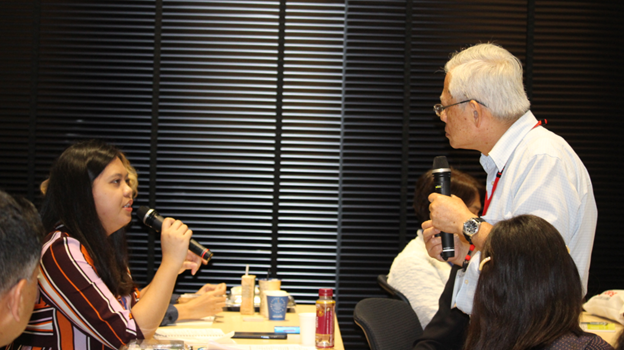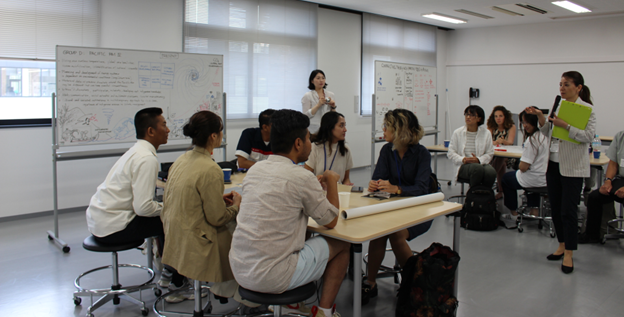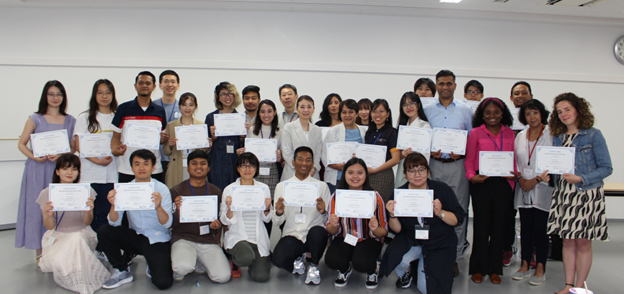The first two days of the Asia Pacific Rim Universities Multi-Hazards Summer School were full of exciting talks on the social, legislative, and health dimensions of disaster and climate science. On the third day, the discourse shifted to the physical aspects of hazards and disasters, which focused on earthquakes.
The Philippines and Japan are exposed to similar hazards owing to the active tectonics in the region and their exposure to typhoons. As such, there is much to glean from the experiences of Japan that can be applied to the Philippines. Presenters shared cutting-edge research on earthquake anticipation models, risk communication strategies, and large-scale earthquake simulations which illuminated novel ways to approach prevention, mitigation, and response measures to tectonic hazards.

One special session explored the development of parks into disaster-resilient structures. In Taiwan, parks are designed to be utilized as shelter during disasters. They employed innovative ways to maximize the use of public spaces and meet the diverse needs of the community.
Inspired by the discussions, the summer school participants put together their ideas into prospective research endeavors that will address the most pressing challenges of the world at present. This diverse group of young researchers and students from different countries, backgrounds and disciplines was tasked with proposing research that will support at least three of the Sustainable Development Goals. Interesting and unique ideas that blended different disciplines resulted from this exercise: from building sustainable communities, to creating climate-resilient homes, and developing localized risk communication platforms with a broad reach.

Through these collaborative undertakings, young people are exposed to various perspectives, enriching their experiences and developing new ideas with like-minded individuals who are all committed to the shared goal of minimizing climate impacts, reducing disaster risk, and building a sustainable future.

This news article is part of the APRU Multi-Hazards Summer School Series.
View the other articles below:
Posted by the UP Resilience Institute Education on January 8, 2024.
